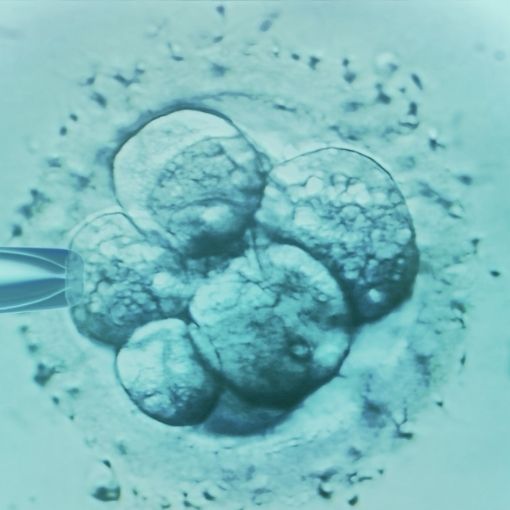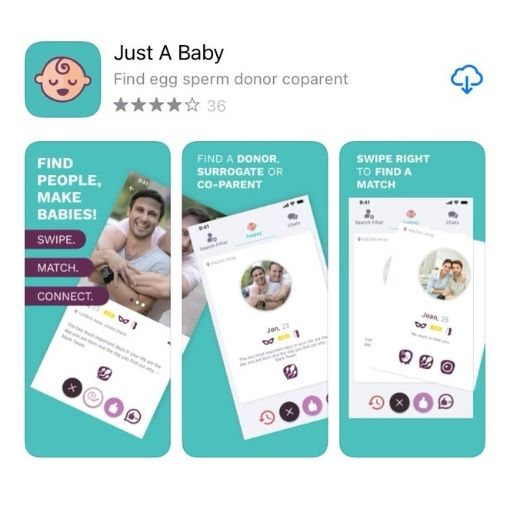Infertility affects millions of people around the world, and that equates to roughly 1 in 7 couples. It is a hugely sensitive issue that can cause emotional distress for those who struggle with it. If you are one of them, know you are not alone, and team Hoopsy completely understands your struggles.
In this article, we will explore ten eye-opening facts about infertility that everyone should be aware of.
1. Fertility affects both men and women
Contrary to popular belief, infertility is not just a female problem. In fact, infertility affects both men and women equally. According to the American Society for Reproductive Medicine, about one-third of infertility cases are due to female factors, one-third are due to male factors, and one-third are due to a combination of both male and female factors.
2. Age is a significant factor
Age plays a significant role when it comes to fertility. Women are born with a finite number of eggs, and as they age, the quality and quantity of our eggs decline. After the age of 35, fertility begins to decline rapidly, and after age 40, it can become trickier to conceive. Men also experience a decline in fertility as they age, with a decrease in sperm count and motility.
3. Lifestyle factors can affect fertility
Lifestyle factors such as smoking, alcohol consumption, and drug use can have a negative impact on fertility. Obesity and poor nutrition can also affect fertility, as can exposure to environmental toxins and radiation.
4. Infertility is not always permanent
While it can be a permanent condition for some individuals, for many others, it can be a temporary issue that can be resolved with medical intervention or lifestyle changes. For example, hormonal imbalances can often be corrected with medication, and certain lifestyle changes, such as quitting smoking or losing weight, can improve fertility.
5. Its is not just a physical issue
Infertility can have a significant impact on an individual’s mental health and well-being. The emotional toll of infertility can be overwhelming, leading to anxiety, depression, and feelings of isolation. It’s important for individuals struggling with fertility to seek support from a mental health professional or a support group.
6. IVF is not the only treatment option
In vitro fertilisation (IVF) is a well-known and commonly used fertility treatment, but it is not the only option. Other treatments include intrauterine insemination (IUI), fertility medications, and surgery. The best treatment option will depend on the individual’s specific situation and the underlying cause of infertility.
7. Male infertility is often treatable
Male infertility is often treatable with medication or surgery. It’s important for both partners to undergo testing to determine the underlying cause, as male factors may be the sole cause of infertility in up to 40% of cases.
8. Fertility preservation is an option
Individuals who are not yet ready to start a family but are concerned about their future fertility have options for fertility preservation. For women, egg freezing is an option that allows them to freeze their eggs for later use. For men, sperm freezing is an option that allows them to freeze their sperm for later use.
9. Infertility can be caused by underlying health conditions
Infertility can be a symptom of an underlying health condition such as polycystic ovary syndrome (PCOS), endometriosis, or thyroid disorders. It’s important for individuals struggling with fertility to undergo thorough testing to determine if any underlying health conditions need to be addressed.
10. Donor options are available
For individuals who are unable to conceive using their own, donor options are available. Donor sperm, eggs, and embryos can be used to help individuals and couples achieve pregnancy.
We think it’s really important to raise awareness of infertility as its something that affects so many people, yet we never really discuss it. We hope you have enjoyed reading our ten facts about infertility. If you are going through fertility treatment or struggling with infertility in any way, join the Hoopsy Fertility Community, where you can chat with like-minded women and experts about anything related to trying to conceive and infertility.




